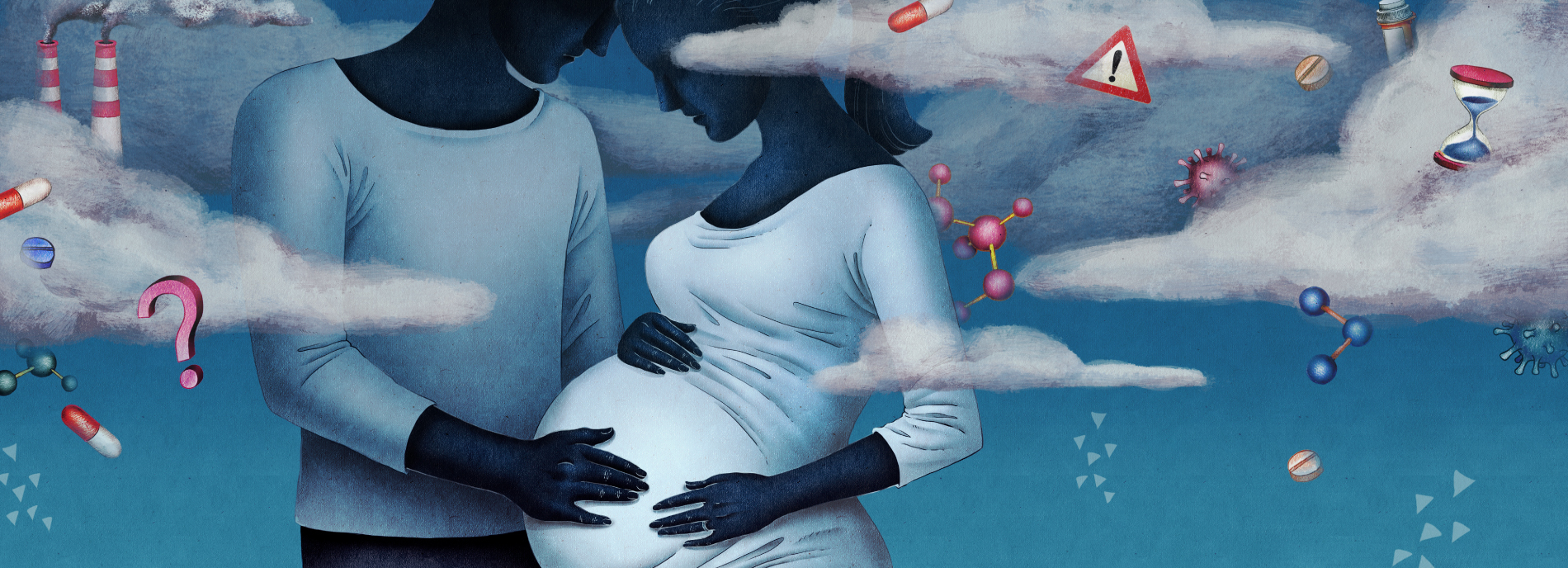In a recent post by Spectrum, Sarah DeWeerdt examines the reasons why we have not yet been able to pinpoint the specific environmental factors that play a role in causing autism. Environmental factors can range from anti-depressant medication taken during pregnancy to exposure to air pollution. DeWeerdt explains that finding direct “causes” for autism (and other disorders) is actually much harder than one might expect. Epidemiological studies are pretty good at finding associations between autism and something in the environment, but that doesn’t mean that one thing causes the other. Also, the environment is extremely challenging to control and measure accurately. It is very difficult to tease out one environmental event from others that are present at the same time. In addition, it can be difficult to measure exposures that a parent may be unaware of, or that may have occurred even before the child was born. DeWeerdt also points out that genetic links to autism have been studied for longer, and are, in some ways, far easier to measure than environmental factors. Better understanding the causes of autism will involve examining both environmental and genetic contributions and the intricate ways in which the two interact in large scale and longitudinal studies. Click here to read more about the challenges of examining environmental causes of autism.
